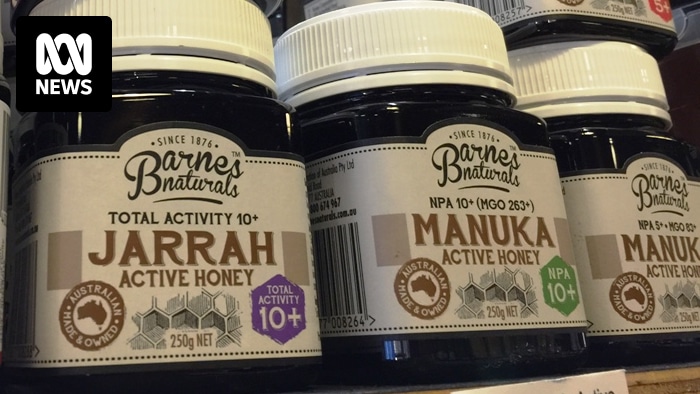Re that. For many years there have been repeated calls for GST to be reduced or dropped entirely on some food items to help the poor.
Sounds reasonable? Other business interests such as tourism and whatever also want it cut on whatever it is they are selling.
But it is not simple at all. When Helen Clarke was Prime Minister, her government was very sympathetic to the idea of cutting GST on basic food items and made noises they were looking at doing it, and it would certainly have boosted labours popularity. But then they looked at real world scenarios, and did the math.
In some overseas countries similar schemes are in place, so we took a look at that to see how it worked. Turns out to be way more complicated than expected. So, let's say basics like flour and eggs were at a reduced rate, but items like sugar that the government are trying to have us cut back on were at the full rate, how do you do the GST on a cake which has all 3 ingredients, each at different rates? Overseas they found the only way to comply was to have accountants figure out all the ingredients and percentages in an item, then calculate the average GST (or for overseas, sales tax), that would have to be paid. This extra work would apply to most items on a supermarket shelf, and back then best my memory serves, the cost to the country to figure all this out was estimated to be a minimum $700 million plus annually. Money that would not have to be spent if we just stayed with a simple, one percentage fits all GST rate across everything.
The extra cost was considered to nullify any advantages to the poor, simpler just to leave GST as is across the board, and instead adjust tax and benefit rates as felt needed, and the country will be better off overall.
I can actually remember Clarke being interviewed on TV and trying to explain this in terms her beneficiaries would understand, she looked uncomfortable with it and her constituents would have been disappointed. But in the end she knew it was right to do what was best for the country as a whole.

 www.abc.net.au
www.abc.net.au



